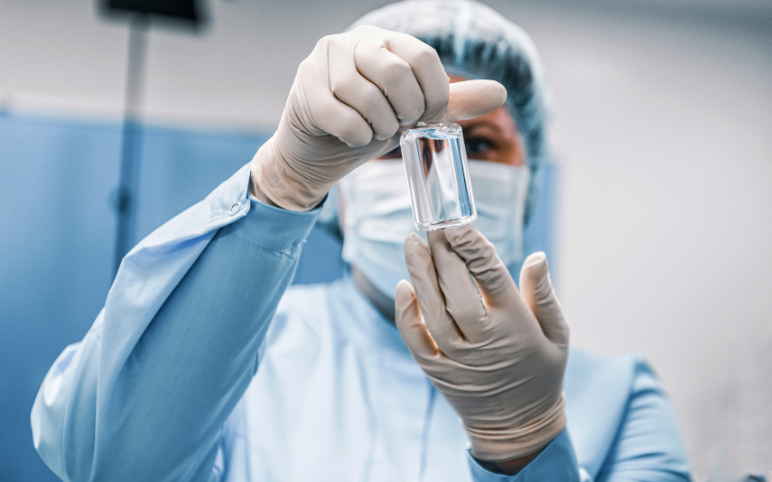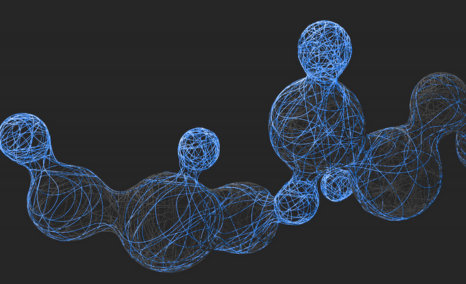Axovant tips nelotanserin from small molecule R&D
Axovant has stopped nelotanserin development after it missed the primary endpoint in a phase 2 trial in patients with Lewy body dementia. The dull data compelled Axovant to miss the drug and finish its pivot from small molecules to gene therapies. The parent company of Axovant – Roivant, licensed 5HT2A inverse serotonin receptor agonist nelotanserin from Arena Pharmaceuticals for USD 4 million upfront in 2015 and initiated midphase trials of the drug in patients with dementia with Lewy bodies (DLB) and Parkinson’s disease dementia.
CRISPR-based heart test identifies genetic risk for severe cardiomyopathy
A dangerous disorder that causes an abnormal thickening of the heart walls – Severe hypertrophic cardiomyopathy can be found in hereditary and is often associated with a variant in the gene TNNT2. The scientists at the University of Pennsylvania has developed a test with CRISPR and other gene-editing tools that they believe can be used to screen for potentially harmful variations of TNNT2. They developed the test with the help of one family affected by severe hypertrophic cardiomyopathy. That is why they used gene editing to create induced pluripotent stem cells (iPSCs) containing the woman’s TNNT2 variant, which then prompted the iPSCs to turn into mature heart muscle cells and exposed them to an adrenaline-like chemical to induce faster beating.
MacroGenics stops cancer drug trials
MacroGenics developed the bispecific antibody for potential liver-related side effects that led to the FDA placing a partial clinical hold. Maryland-based MacroGenics, a letter was sent regarding placing the hold on a phase 1 trial of MGD009 as a monotherapy as well as a combination study with Incyte’s anti-PD-1 candidate MGA012. MacroGenics claims the development is not a big hindrance, directing at the block only applies to recruit new subjects, and existing patients in both studies can continue on treatment under the assigned protocol.
Novo taps e-therapeutics for diabetes target discovery drive
Novo Nordisk has listed e-therapeutics to bolster target discovery efforts at its research centre in Oxford, U.K. The collaboration will get to see e-therapeutics apply its platform to identify synergistic target combinations to a specific area of Type 2 diabetes. E-therapeutics analyzes biological networks. Instead of searching for single targets that change disease pathways, e-therapeutics creates in-silico networks of protein interactions and looks for ways to disrupt the system that gives rise to the disease phenotype. This can yield multitarget strategies.



